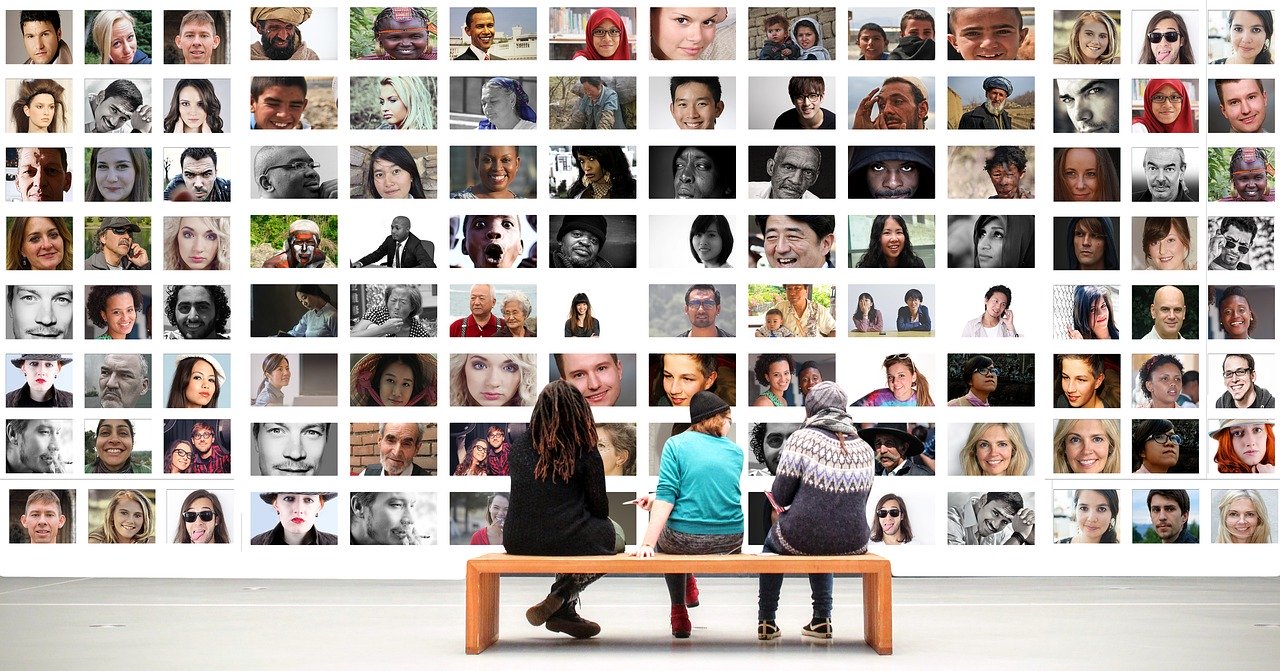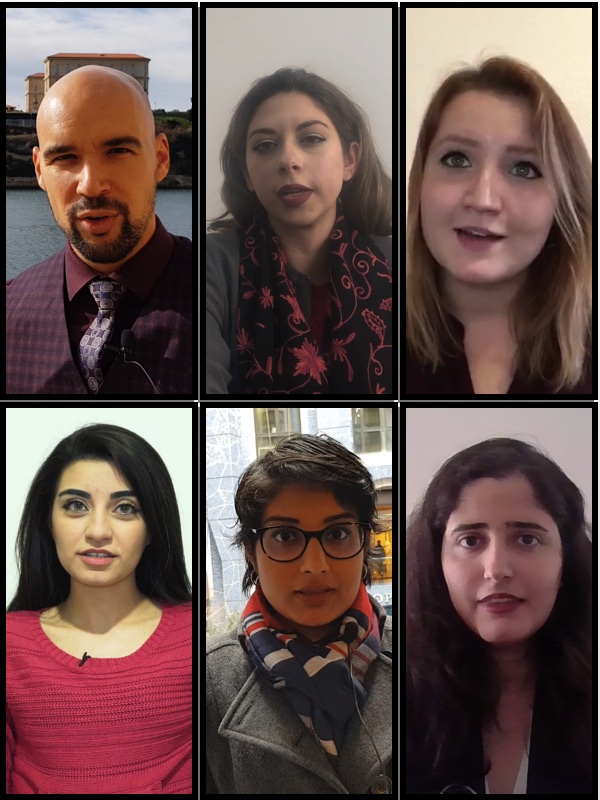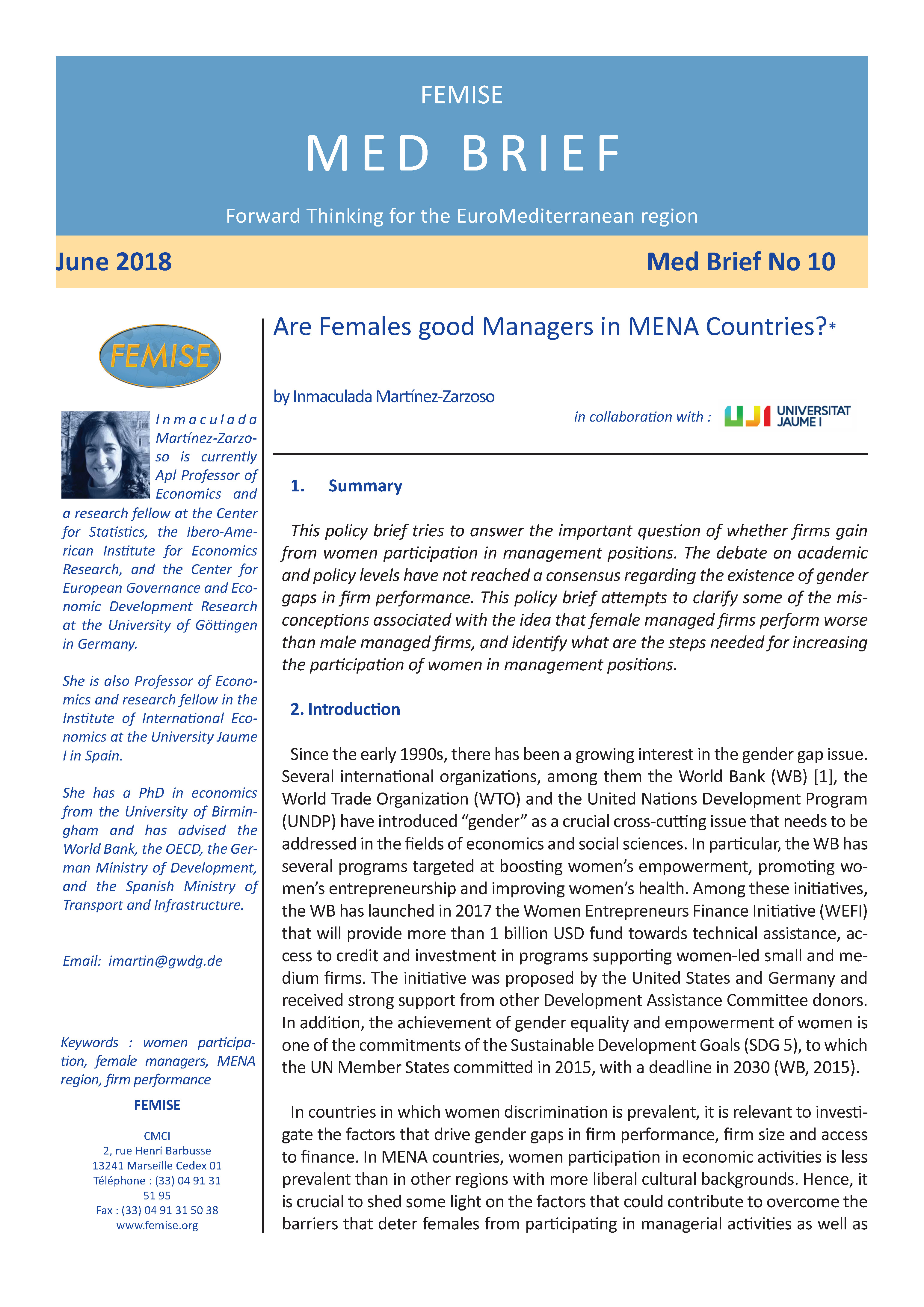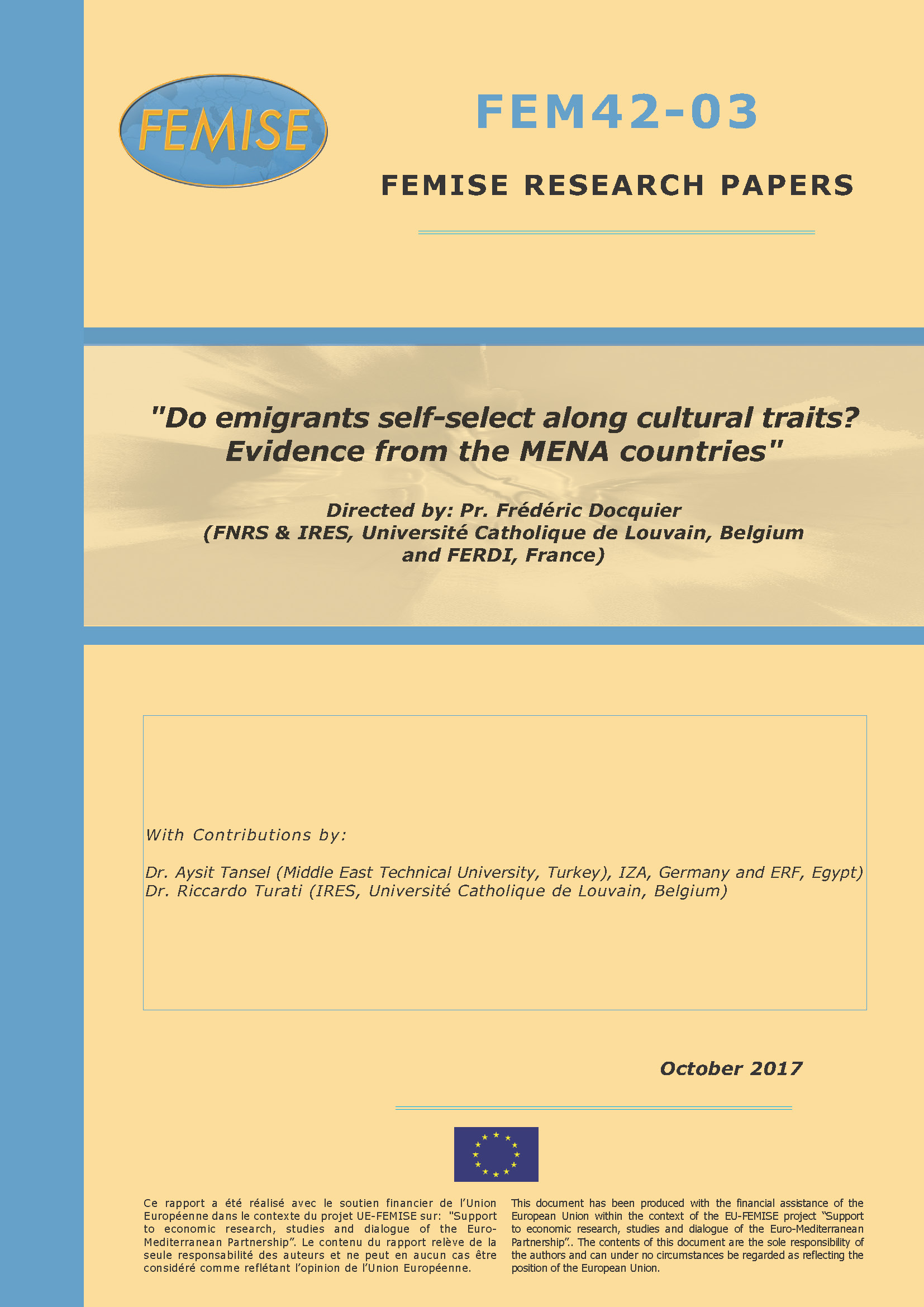
For FEMISE, pursuit of social justice is at the core of its mission for inclusive development in the Mediterranean and Africa. The recent publication of the FEMISE EuroMed report on the opportunities of Social Entrepreneurship for sustainable development in the region is just one recent example of this commitment.
In the video below created for this day, FEMISE mobilized researchers, young people and partners of the network to discover their views and actions for Social Justice.
Yasmine Fahim (ERF Programs Manager) stresses how the Economic Research Forum (ERF), a leading think-tank in the MENA region and co-coordinator of FEMISE, has always paid special attention to the issues of Equity and Inequality in the MENA region. First by creating the data infrastructure that would enable researchers to conduct the research. Then, by carrying out multiple research projects on issues such as inequality of opportunities, access to health, education and the labour market and many more. Finally, ERF is producing capacity building initiatives and has invested a lot in enhancing the research capacity in this area, most notably by organizing training workshops where researchers from around the region are taught the most up-to-date research methodologies.
For Tallie Hausser (SciencesPo., Columbia University), her experience as a researcher in Lebanon and Tunisia has been eye-opening in that she has interacted with social justice activists found in unexpected places. The co-author of a recent FEMISE Policy Brief on the potential of Social Entrepreneurship highlights how in Lebanon, actors are creating job opportunities for Palestinian and Syrian women despite legal barriers, or working to solve local waste management crises through impact investing. In Tunisia, social justice activists use innovative financial models to engage the youth in skills development.

Constantin Tsakas, Yasmine Fahim, Tallie Hausser, Gwenda Haïkal, Ameerah Anathalee, Julie Harb
Others such as Ameerah Anathalee (University of Oxford) chose to explore the barriers women leaders face in developing countries. Drawing from data collected during interviews with women leaders in Uganda, she argues that some specific measures issued from western studies can have adverse effects on women’s leadership in developing countries. Furthermore, bottom-up solutions, which are tailored to the country’s socio-economic context, are essential. She adds that far more cross-disciplinary research is needed to inform how we seek to ensure women have a voice in all sectors, particularly in the Water, Sanitation and Hygiene sector, where women play a pivotal role.
Meanwhile, Julie Harb (Université de Montréal) stresses the importance of promoting the rights of migrants in the region. Focusing on the case of Lebanon, she argues that their labour rights are not optimal, with a sponsorship system (kafala in Arabic) in which the legal status of a migrant depends on a sponsor (kafeel) for the entirety of their stay, making them vulnerable. The rights of youth also need to be better protected. With the current economic and financial situation, the country is witnessing a ‘brain drain” with the rise of migration among youth, with those aged below 20 years representing 46% of emigrants.
Such urgency to act for the youth is shared by Gwenda Haikal (CIFE) whose thesis subject focuses specifically on Street Children. She states that nowadays 30% of the population in Lebanon lives under the poverty while 5% panels 90% of the country’s wealth, this social inequality pushes minor children to go on the streets and work instead of following an educational path. She stresses that above all things, education is a golden key. Investing in these kids future is investing in the future of the country and region.
 In their final statements, all actors converge towards a single conclusion : that it is up to all of us to act and make sure leaders, businesses and communities in the region truly fulfill their role for social justice.
In their final statements, all actors converge towards a single conclusion : that it is up to all of us to act and make sure leaders, businesses and communities in the region truly fulfill their role for social justice.
Article by Constantin Tsakas




 The policy brief has been produced with the financial assistance of the European Union within the context of the FEMISE program. The contents of this document are the sole responsibility of the authors and can under no circumstances be regarded as reflecting the position of the European Union
The policy brief has been produced with the financial assistance of the European Union within the context of the FEMISE program. The contents of this document are the sole responsibility of the authors and can under no circumstances be regarded as reflecting the position of the European Union



 Migrants’ selection by cultural traits, beliefs and practices has been largely understudied in the existing literature.
Migrants’ selection by cultural traits, beliefs and practices has been largely understudied in the existing literature.